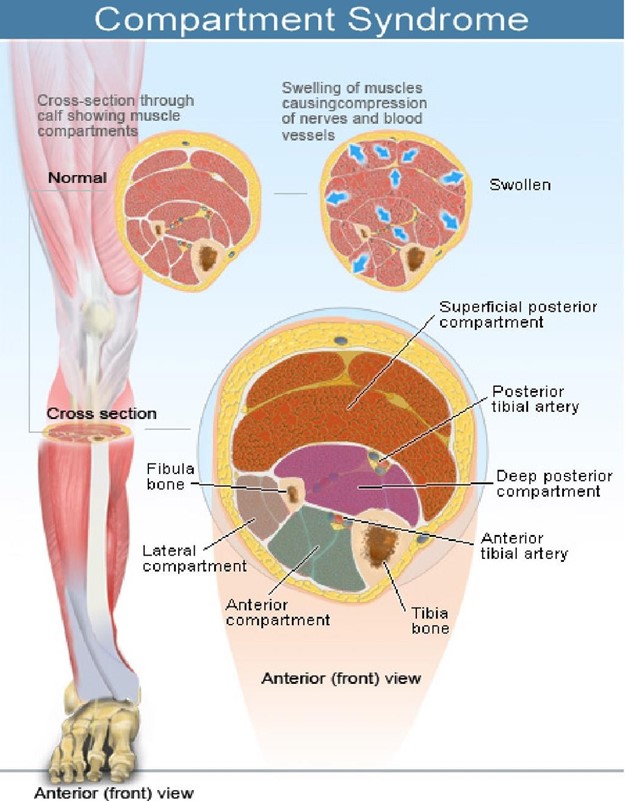A nurse is caring for a client who is scheduled for a mastectomy. The client tells the nurse,
"I'm not sure I want to have a mastectomy." Which of the following statements should the nurse make?
"You should get a second opinion regarding the procedure."
"You will be cancer-free if you have the procedure."
"I can give you a list of other people who had the same procedure."
I can give you additional information about the procedure."
The Correct Answer is D
A mastectomy is a surgical removal of one or both breasts, usually done to treat breast cancer. The nurse should respect the client's autonomy and provide factual information about the procedure, its benefits and risks, and possible alternatives . The nurse should also assess the client's readiness to learn, address any concerns or fears, and offer emotional support . Telling the client to get a second opinion may imply that the nurse does not trust the surgeon or doubts the necessity of the procedure.
Telling the client that they will be cancer-free if they have the procedure may be false or misleading, as there may be residual cancer cells or recurrence after surgery. Giving the client a list of other people who had the same procedure may violate confidentiality and may not be helpful or relevant to the client's situation.
Nursing Test Bank
Naxlex Comprehensive Predictor Exams
Related Questions
Correct Answer is A
Explanation
Compartment syndrome is a condition in which increased pressure within a confined space compromises blood flow and tissue perfusion, leading to ischemia and necrosis. It can occur after trauma, fracture, or casting of an extremity. The early signs of compartment syndrome include intense pain with movement that is not relieved by analgesics or elevation, paresthesia, pallor, and decreased sensation and motor function of the affected limb. The late signs include absent distal pulses, cyanosis, coldness, and paralysis. Therefore, option A is correct.

Correct Answer is A
Explanation
Bananas are one of the fruits that contain proteins similar to those found in natural rubber latex, which can cause an allergic reaction in some people. This is called latex-fruit syndrome and can also occur with other fruits such as avocado, kiwi, chestnut, and papaya. The client should inform the surgical team about their banana allergy and avoid contact with latex products such as gloves, catheters, syringes, and bandages.
Whether you are a student looking to ace your exams or a practicing nurse seeking to enhance your expertise , our nursing education contents will empower you with the confidence and competence to make a difference in the lives of patients and become a respected leader in the healthcare field.
Visit Naxlex, invest in your future and unlock endless possibilities with our unparalleled nursing education contents today
Report Wrong Answer on the Current Question
Do you disagree with the answer? If yes, what is your expected answer? Explain.
Kindly be descriptive with the issue you are facing.
